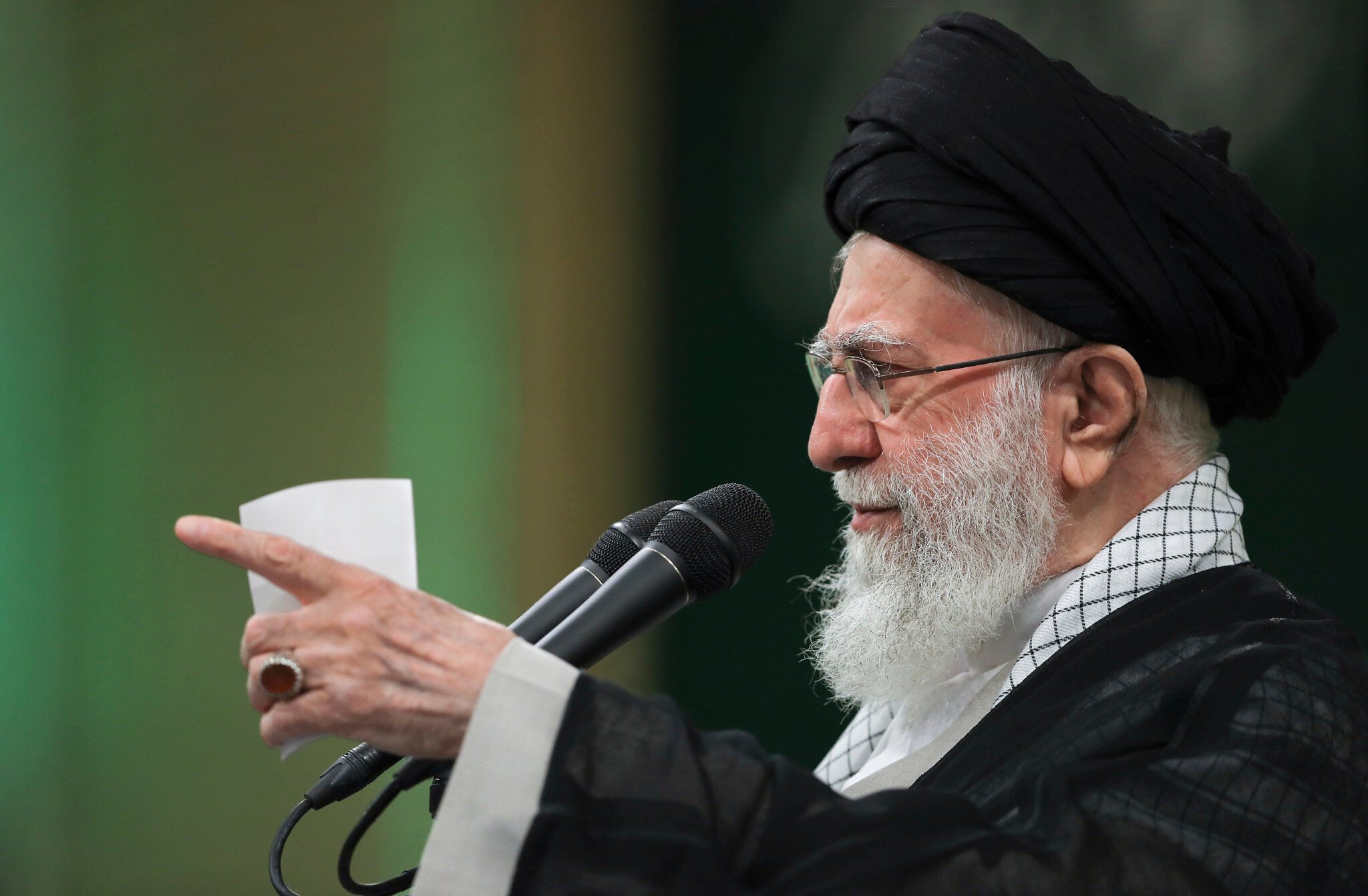Imagine a scenario where Iran agrees to forgo all nuclear enrichment on its own soil, instead importing nuclear fuel from a pre-designated country for its energy needs. In this scenario, there is no escalation following the Israeli strike that began on June 13.
On June 14, 2025, Iran announces a historic policy shift, agreeing to halt all nuclear enrichment activities on its soil in exchange for importing enriched uranium from Russia, a pre-designated partner under a tightly monitored international agreement. The decision comes in the wake of Israel’s limited strike on June 13, targeting suspected nuclear facilities in Natanz, which had raised global fears of escalation. Iran’s leadership, facing internal economic pressures and international sanctions, opts for de-escalation to avoid further conflict and secure energy needs.
The agreement, brokered by the IAEA and backed by the UN Security Council, stipulates that Iran will receive low-enriched uranium (up to 3.67% purity) for its civilian nuclear energy program, primarily to fuel the Bushehr reactor. Russia, as the supplier, commits to providing the fuel under strict IAEA oversight, with regular inspections to ensure compliance. In return, Iran agrees to dismantle its enrichment centrifuges and allow unprecedented access to its nuclear sites, effectively freezing its ability to produce weapons-grade material. The deal includes a clause for snap inspections and satellite monitoring to prevent clandestine activities.
Israel, though initially skeptical, refrains from further strikes as the United States and European allies pressure Prime Minister Netanyahu to give diplomacy a chance. The Trump administration hails the agreement as a “breakthrough for regional stability,” pledging economic incentives for Iran, including partial sanctions relief tied to compliance milestones. Russia, keen to expand its influence in the region, ensures fuel deliveries begin within weeks, while China quietly supports the deal to counterbalance U.S. influence.
By late 2025, tensions de-escalate significantly. Iran’s economy stabilizes as sanctions ease, though hardliners in Tehran face domestic criticism for “surrendering sovereignty.” Israel, while maintaining its vigilance, shifts focus to countering Iran’s proxy activities in Syria and Lebanon. The Middle East avoids a broader conflict, but the arrangement remains fragile, with both sides wary of violations. The IAEA reports no enrichment activity in Iran by early 2026, marking a tentative step toward stability, though trust between Tehran and Jerusalem remains nonexistent.



No comments:
Post a Comment